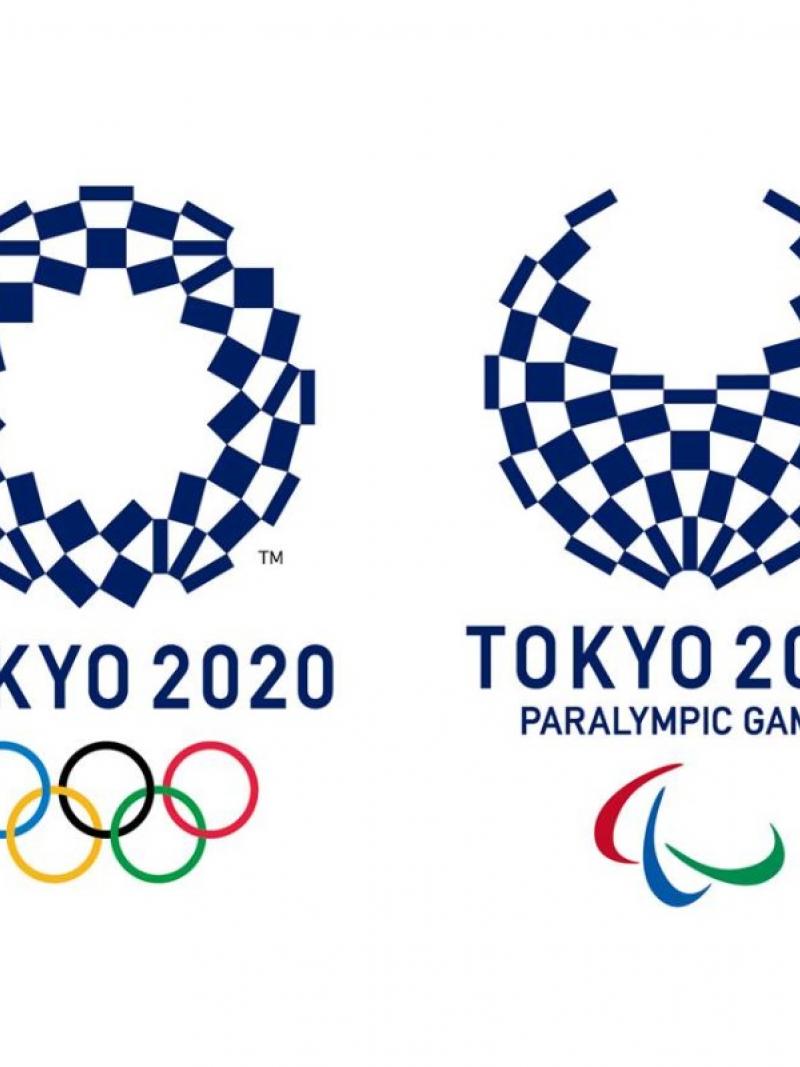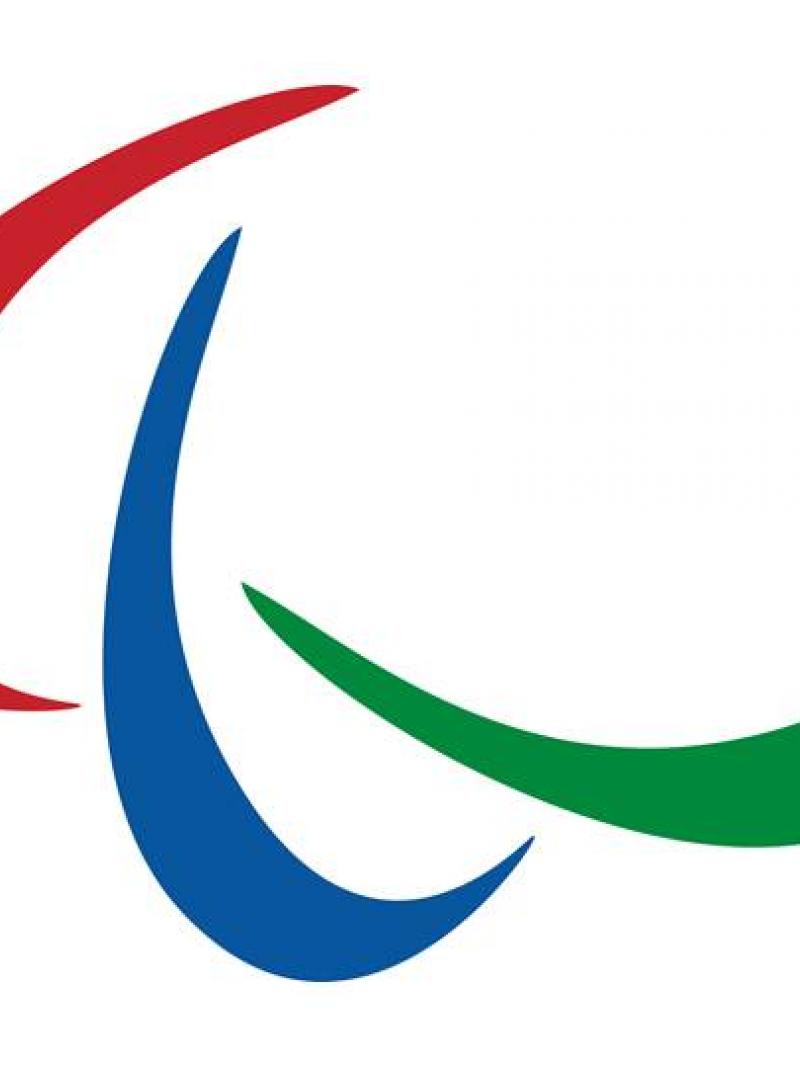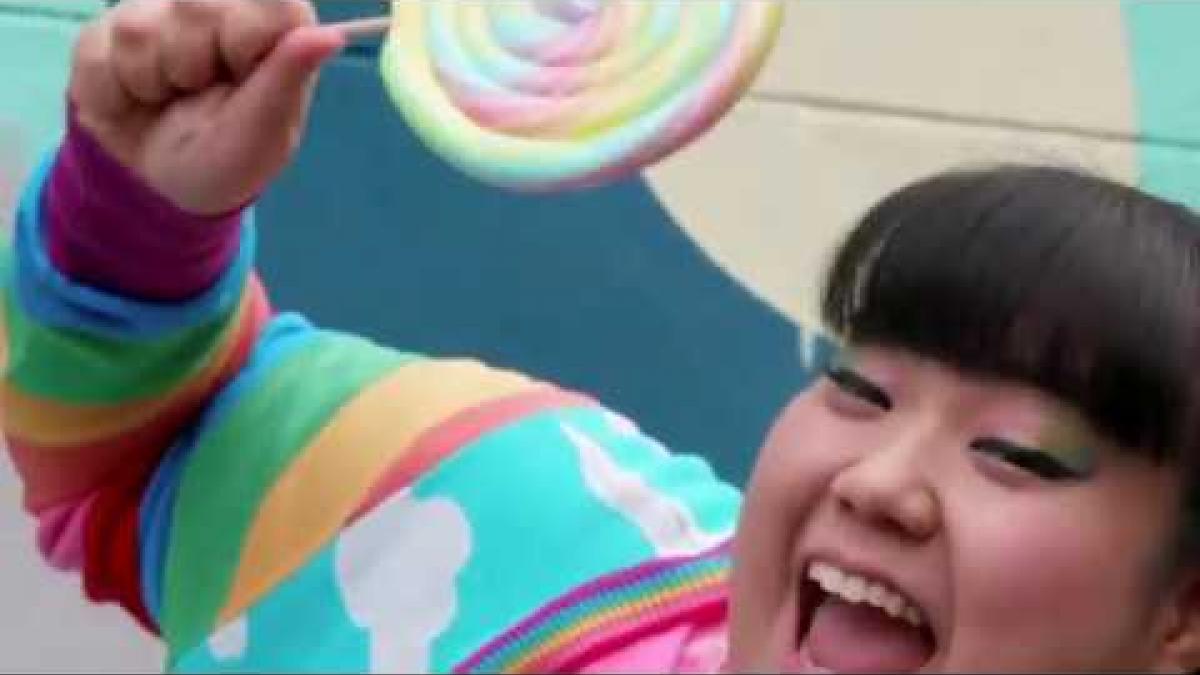Tokyo 1964 legacy key to success of Tokyo 2020
Japan aiming to honour Para sport pioneers with most inclusive Paralympic Games ever 08 Nov 2017"At the Tokyo 2020 Games and further into the future, I really hope that society will evolve to the point where people don’t feel anything strange about someone having an impairment."
Fifty-three years ago to the day, on 8 November, 1964, the Opening Ceremony of the Tokyo Paralympic Games was held. The origins of the Paralympic Games can be traced back to 28 July, 1948, when, at Stoke Mandeville Hospital near London, Dr. Ludwig Guttmann gathered 16 athletes for a wheelchair archery competition to correspond with the London Olympics that opened on the same day. Twelve years later, a Japanese doctor arrived for a placement at Stoke Mandeville. Strongly influenced by Dr. Guttmann’s teachings about the use of sport to rehabilitate patients with spinal cord injuries and help them reintegrate into society, he decided to try and implement those ideas upon his return to Japan.
That doctor’s name was Yutaka Nakamura. After his return, with a particular emphasis on the power of work and sport to aid independence and self-reliance, he actively worked to help persons with an impairment to reintegrate into and contribute to society. Furthermore, starting with his contributions to the organisation of the 1964 Tokyo Paralympic Games, he also became a driving force behind the Paralympic movement throughout Japan.
As part of its efforts to trace the roots of the Paralympics in Japan, the Tokyo 2020 Organising Committee spoke to Taro Nakamura, son of Dr. Yutaka Nakamura, about how his father dedicated his life to promoting Para sports in Japan.
Tokyo 2020: Dr. Nakamura, you have vast experience of working with athletes with an impairment including serving as the doctor for the Japanese Paralympic team. Could you please tell us a little about how you came to be so involved in Para sports?
Dr. Nakamura: I think it’s probably my father’s influence. He was heavily involved in Para sports, and I grew up with it from an early age. My father passed away when I was a student. At that time, with few people to consult about my choices, just like my father, I opted to pursue orthopaedic surgeon. It is usual for orthopaedic surgeons to want to become skilled surgeons. But as I had carefully watched my father as a young boy, I felt that it was my job as an orthopaedic surgeon to help people with an impairment to reintegrate into society. Looking back, my mother also had great respect for my father and his work for social welfare facilities for people with an impairment, so I suppose I grew up with the emphasis on a very particular set of values.
At the Tokyo 1964 Paralympic Games, your father served as the head of the Japanese team. Do you think there is anything that we can learn from the 1964 Games that should be incorporated into the 2020 Games?
The first Games that were known as the Paralympics were held in Rome in 1960, and they were only open to athletes with spinal cord injuries. However, when my father returned from Stoke Mandeville Hospital and set up a sports competition for wheelchair users in Oita City in 1961, he didn’t restrict participation to persons with spinal cord injuries but opened the competition to all persons no matter what kind of physical impairments.
In Europe and the United States, there was a tendency to classify athletes by their particular type of impairment, and it was only much later that all persons with an impairment were able to take part in the Games. In contrast, however, Japan managed to hold a competition for all persons with an impairment in 1964, something of which I think Japanese people should be proud. That, back in 1964, we were able to hold a competition not only for athletes with spinal cord injuries, but for all athletes with an impairment, is wonderful. While this may have been influenced by Japanese culture, I believe it was pioneering work.
One legacy that the Tokyo 2020 Games is aiming to achieve is the realisation of society for all. What things will be vital for us to realise this vision?
At the Tokyo 2020 Games and further into the future, I really hope that society will evolve to the point where people don’t feel anything strange about someone having an impairment. To achieve this, first of all, we should try to come into contact more with people with an impairment in a natural way, and get to know them better.
Also, I think it’s important to increase the number of opportunities we have to come into contact with persons with an impairment and spend more time with them. Becoming a volunteer would be a good way to go about it. Sport is a great way to bring people together. It gives them a common interest and something in common to talk about. People with an impairment are not special.
 Facebook
Facebook
 Instagram
Instagram
 Twitter
Twitter
 Youtube
Youtube




